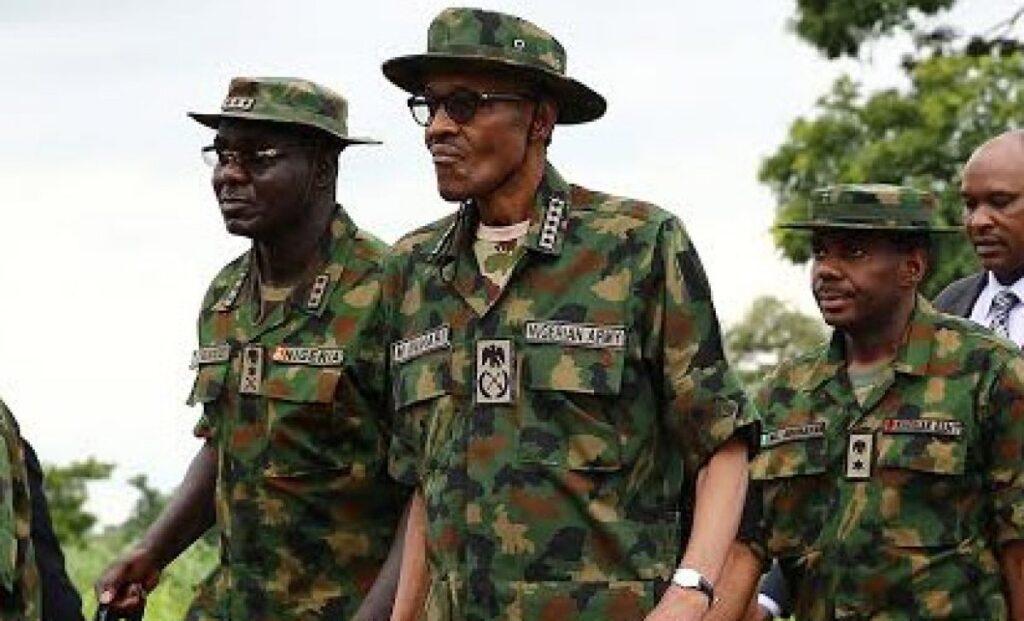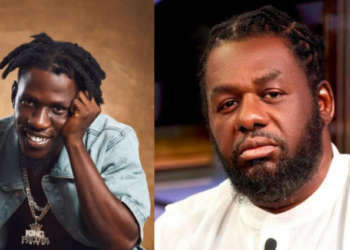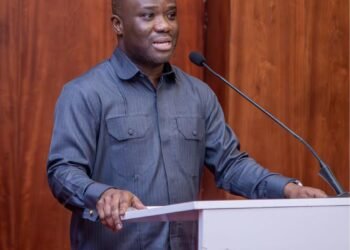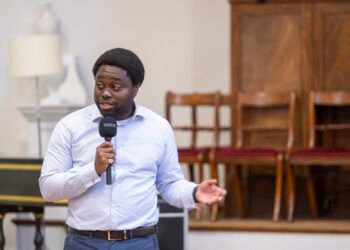Nigeria is in mourning following the death of former President Muhammadu Buhari, who passed away in a London clinic on July 13, 2025. The news was confirmed by his former aide, Bashir Ahmad, who took to X to share the family’s announcement.
“The family of the former president has announced the passing on of the former president, Muhammadu Buhari, GCFR, this afternoon in a clinic in London,” Ahmad wrote. “May Allah accept him in Aljannatul Firdaus. Amin.”
Muhammadu Buhari, who served as Nigeria’s civilian president from 2015 to 2023 after first ruling the country as a military leader from 1983 to 1985, was a prominent and polarizing figure in Nigeria’s post-independence history. Known for his austere demeanor, anti-corruption zeal, and unyielding stance on discipline and national order, Buhari’s influence on the country’s political and military history is profound.
Born on December 17, 1942, in Daura, Katsina State, Buhari hailed from a large Muslim family as the twenty-third child of Mallam Hardo Adamu and Zulaiha Buhari. After losing his father at the age of four, he was raised in a modest home steeped in Islamic tradition. He received Qur’anic education and participated in pastoral duties typical of northern Nigerian communities.
His formal schooling began in local primary schools before he proceeded to Katsina Provincial Secondary School. Although he initially considered studying medicine, Buhari ultimately chose a military path, enrolling in the Nigerian Military Training College in 1962. His military education took him across the globe, including to the United Kingdom’s Mons Officer Cadet School and the U.S. Army War College.
Former Leader Leaves Controversial Legacy
By 1983, Buhari had climbed the ranks to become Major-General and General Officer Commanding the Third Armoured Division in Jos. That same year, he was part of the military junta that toppled the Second Republic, citing widespread corruption. Once in power, Buhari launched the War Against Indiscipline, a campaign that aimed to restore order and combat moral decay. However, his military regime was also known for draconian press restrictions and civil liberty violations.

He was removed from power in 1985 by another coup but remained a potent political voice. After several unsuccessful presidential runs, Buhari achieved a landmark victory in 2015 under the All Progressives Congress (APC), becoming the first opposition candidate to defeat an incumbent president in Nigeria.
His civilian presidency focused on rooting out corruption, reviving the economy, and confronting insurgency. Buhari’s anti-corruption drive led to asset recoveries and high-profile prosecutions, earning him a reputation for personal integrity. His government stepped up efforts against Boko Haram, liberating territories and hostages, although insecurity remained rampant in other parts of the country, particularly the southeast.
Economically, Buhari’s tenure experienced turbulence. The 2016 recession, triggered by declining oil prices, tested his administration’s policies. By 2018, there were modest signs of recovery, partly due to increased investment in agriculture and infrastructure aimed at reducing the nation’s reliance on oil revenues.
Throughout his presidency, questions about his health persisted. His repeated medical trips to the UK and prolonged absences stirred controversy and speculation, casting doubt on his ability to manage national affairs. Nevertheless, he secured reelection in 2019 with a decisive mandate.
Buhari’s legacy is a complex one, defined by unwavering discipline, a deep sense of duty, and a polarizing approach to governance. Supporters celebrate his anti-corruption ethos and infrastructural strides, while critics point to unmet economic expectations, human rights issues, and centralization of power.
His death at the age of 82 closes a significant chapter in Nigerian history. As tributes pour in, the nation reflects on a man whose leadership spanned both military and civilian rule, whose actions shaped the country’s trajectory, and whose name will remain etched in debates on governance, democracy, and national identity.
READ ALSO: Aboagye Faults Anti-Vigilante Law Post Ablekuma North Rerun Violence



















